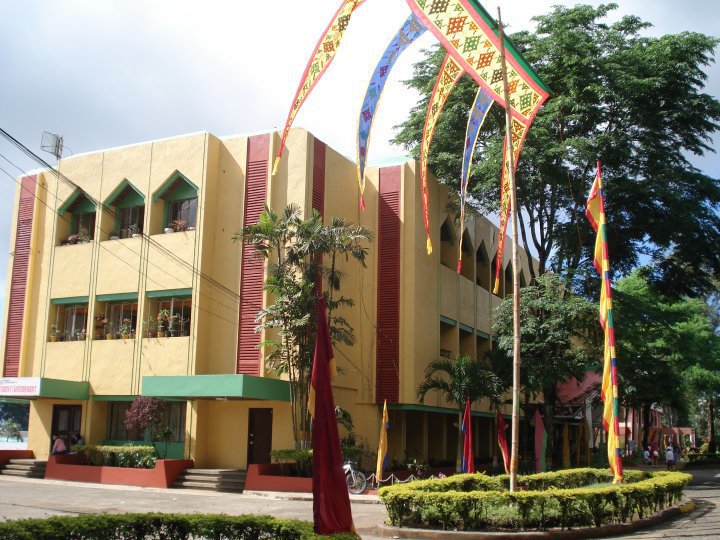MANILA, Philippines — The Mindanao State University (MSU) on Saturday said it would continue to operate its law programs across all its campuses despite the Legal Education Board’s (LEB) resolution ordering the cancellation.
In a statement, MSU argued it was Congress that passed the university’s charter under Republic Act No. 1387 in 1955 mandating the creation of the College of Law and that LEB was not authorized to amend the charter by ordering the closure of the school’s juris doctor program.
READ: Over 10,000 law grads are taking the Bar exams starting today (Sept. 8)
On Friday, two days before the Bar examination, the LEB released a resolution revoking the accreditation of MSU College of Law, effectively ordering the closure of its law programs across all campuses starting in the academic year 2025-2026.
Dismal performance
The resolution, according to the LEB, was due to MSU’s “continued rejection of the regulatory jurisdiction and supervisory authority of the LEB, and its refusal to be bound by the orders, policies, standards, and guidelines on legal education.”
“Consequently, MSU is no longer included on the list of Legal Education Institutions in good standing and authorized to offer the basic law program in the country,” it said.
The Board also raised alarm over the “dismal performance” of MSU’s law graduates in the Bar examinations, with passing rates consistently below the national average.
Given MSU’s “nonsubmission” to the LEB’s authority, the Board said the Bar exam results were the only independent measure available to evaluate the quality of education dispensed by MSU.
However, MSU argued that its College of Law is exempted from LEB’s coverage under Republic Act No. 7662, Section 12, which specifies that only schools under the supervision of the Department of Education, Culture, and Sports at the time of the law’s passage in 1993 fall within LEB’s jurisdiction.
The LEB is under the Office of the President. Based on its website, the Board’s mandate is “to reform and uplift the standards of legal education in the country.’’ Among its functions are supervision, setting the standards, and accreditation of law schools.
